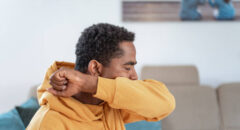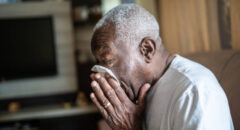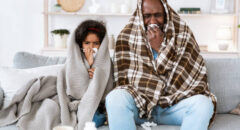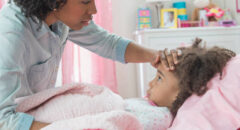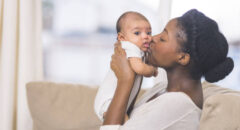
While a potential COVID winter surge and the impending flu season get a lot of attention, doctors are worried about another virus.
This one is RSV — short for respiratory syncytial virus — and hospitals across the country are seeing a surge of cases in infants and young children. The virus can be especially concerning in those who are 6 months and younger.
As children’s hospitals across the United States are seeing a troubling surge in this common illness, two experts at Cedars-Sinai in Los Angeles offer information on what to watch for, as well as treatment options.
What signs should I look out for?
“Young babies can start looking a bit more lethargic and have poor feeding. That can be the first signs that they are in distress,” says Dr. Priya Soni, pediatric infectious disease specialist at Cedars-Sinai Guerin Children’s.
“They may or may not have a fever, and they can start having some trouble breathing,” Soni said in a hospital news release. “Those are the early signs parents need to look for — lethargy, loss of appetite and trouble breathing.”
RELATED: RSV in Children is on The Rise: What Parents Need to Know
What is the best way to care for my child?
The virus dramatically increases secretions in the airways, making it dangerous for infants, says Dr. Ira Wardono, pediatric hospitalist at Providence Cedars-Sinai Tarzana Medical Center in Tarzana, Calif.
While older children and adults can cough or sneeze out these secretions, infants cannot.
“Their muscles are not strong enough to cough up all the extra fluid. It’s almost like they are drowning in their secretion, and that’s what causes the trouble breathing,” Wardono said in the release. “Parents or health care providers need to do the job for them by suctioning the airways, either at home or, if needed, in the hospital.”
Besides suctioning, care for an infant or child with RSV might include providing IV fluids. Some little ones may get



